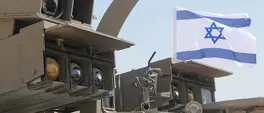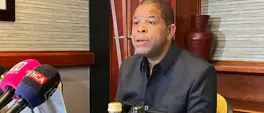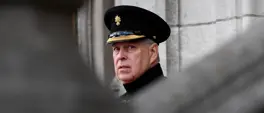Kenya puts Haiti police mission on hold
AFP
12 March 2024 | 18:19The move came after Haiti's Prime Minister Ariel Henry said he had agreed to step aside as armed gangs have taken over much of the Caribbean nation.
NAIROBI - Kenya has decided to put on hold plans to send police to violence-wracked Haiti under a UN-backed multinational mission, a top official said Tuesday.
The move came after Haiti's Prime Minister Ariel Henry said he had agreed to step aside as armed gangs have taken over much of the Caribbean nation.
"There has been a fundamental change in circumstances as a result of the complete breakdown of law and order and the subsequent resignation of the PM of Haiti," Korir Sing'oei, principal secretary for foreign affairs, told AFP.
"Without a political administration in Haiti, there is no anchor on which a police deployment can rest, hence government will await the installation of a new constitutional authority in Haiti, before taking further decisions on the matter."
Sing'oei said however that Kenya remained committed to "providing leadership to the MSS," referring to the Multinational Security Support mission that was approved by the UN Security Council in October last year.
In response to the Kenyan announcement, US State Department spokesman Matthew Miller told reporters: "I would be concerned of course about any delay, but we don't think that there will need to be a delay."
In recent weeks, the Haiti crisis has grown even more violent, with bodies strewn across the streets, armed bandits looting basic infrastructure and fears rising of a famine.
Kenya has said it was ready to deploy up to 1,000 personnel to Haiti, an offer welcomed by the United States and other nations that had ruled out putting their own forces on the ground.
But the planned mission has faced legal challenges.
In January, Kenya's High Court ruled that the National Security Council - which authorised the deployment - only has the authority to send the military abroad and not police officers.
The judge said Kenya could deploy police to a country if a reciprocal agreement exists.
Such a deal was signed on March 1 in the presence of Kenyan President Wiliam Ruto and Haitian PM Henry.
However an opposition politician who petitioned the Nairobi High Court against the deployment has vowed a fresh challenge.
Get the whole picture 💡
Take a look at the topic timeline for all related articles.












